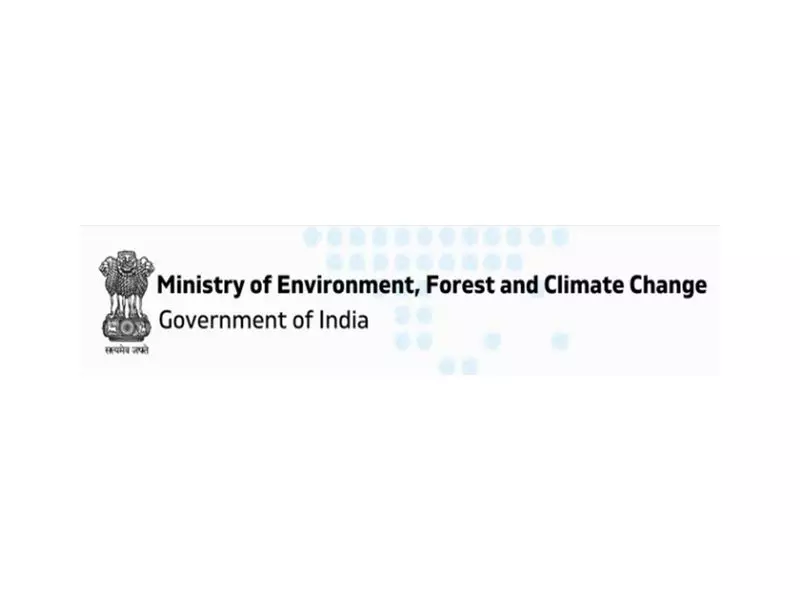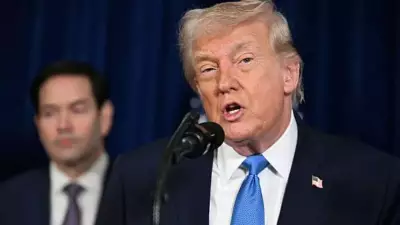
India has delivered a powerful message on climate justice and equity at the ongoing UNFCCC COP30 climate conference in Brazil, firmly positioning itself as a voice for developing nations in global climate negotiations.
India's Strong Stance on Historical Responsibility
The Indian delegation, led by senior officials from the Ministry of Environment, Forest and Climate Change, has clearly articulated that developed countries must acknowledge their historical responsibility in creating the current climate crisis. India emphasized that nations who have contributed most to greenhouse gas emissions over centuries should bear the greatest burden in addressing climate change.
During the crucial negotiations in Brazil, Indian representatives pointed out that developed nations have consumed much of the atmospheric carbon space, leaving little room for developing economies to grow. This position reinforces India's long-standing commitment to the principle of Common But Differentiated Responsibilities and Respective Capabilities (CBDR-RC), a cornerstone of international climate agreements.
Opposition to Unfair Financial Mechanisms
India has taken a firm stand against what it perceives as unfair attempts to shift financial responsibilities onto developing nations. The delegation strongly opposed proposals that would require emerging economies to contribute to climate finance pools traditionally funded by wealthier nations.
This position comes at a critical time when discussions about new climate finance goals are intensifying. Indian negotiators argued that developing countries like India are already making significant contributions through domestic resources and should not be burdened with additional financial obligations that could hamper their development priorities.
The Indian team highlighted that while the country is committed to its climate goals, including its ambitious Nationally Determined Contributions (NDCs), it cannot compromise on the principle of climate justice. They stressed that developed countries must fulfill their existing commitments of providing $100 billion annually in climate finance before discussing new financial arrangements.
Balancing Development and Climate Action
India's position at COP30 reflects its careful balancing act between pursuing economic development and addressing climate change. The delegation emphasized that India is already demonstrating leadership through its domestic climate actions, including massive investments in renewable energy and various initiatives under the Lifestyle for Environment (LiFE) mission.
The Indian representatives pointed to the country's significant progress in renewable energy deployment, noting that India is well ahead of schedule in meeting its Paris Agreement commitments. However, they maintained that access to adequate climate finance and technology transfer from developed nations remains essential for accelerating this transition.
As the COP30 negotiations continue, India's stance has garnered support from other developing nations who share similar concerns about equity in climate action. The conference outcomes will significantly influence how climate justice principles are incorporated into future global climate governance frameworks.
The positions taken by India at this conference are expected to shape the discussions around the new collective quantified goal on climate finance, which is one of the key agenda items at COP30. India's consistent advocacy for climate equity continues to make it an influential voice in international climate diplomacy, ensuring that the concerns of developing nations remain at the forefront of global climate discussions.





